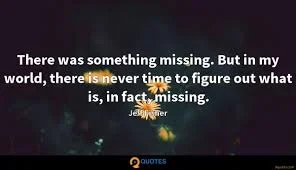dragulagu
Galactic Explorer
- MBTI
- INTJ
- Enneagram
- 549
The states of affairs which do exist could have been otherwise. This means that states of affairs are either actual (existent) or possible. It is the totality of states of affairs—actual and possible—that makes up the whole of reality. The world is precisely those states of affairs which do exist.
Having developed this analysis of world-thought-language, and relying on the one general form of the proposition, Wittgenstein can now assert that all meaningful propositions are of equal value. Subsequently, he ends the journey with the admonition concerning what can (or cannot) and what should (or should not) be said (7), leaving outside the realm of the sayable propositions of ethics, aesthetics, and metaphysics.
So far so good..
https://plato.stanford.edu/entries/wittgenstein/#TracLogiPhil
Ogden translation Pears/McGuinness translation
1. The world is everything that is the case. The world is all that is the case.
2. What is the case, the fact, is the existence of atomic facts. What is the case—a fact—is the existence of states of affairs.
3. The logical picture of the facts is the thought. A logical picture of facts is a thought.
4. The thought is the significant proposition. A thought is a proposition with sense.
5. Propositions are truth-functions of elementary propositions. A proposition is a truth-function of elementary propositions.
(An elementary proposition is a truth function of itself.) (An elementary proposition is a truth function of itself.)
6. The general form of truth-function is [p¯,ξ¯,N(ξ¯
This is the general form of proposition. This is the general form of a proposition.
7. Whereof one cannot speak, thereof one must be silent. What we cannot speak about we must pass over in silence.
(yeah i left that one in intentionally)
>>Will BBL with more intro/extraspection
Last edited:





